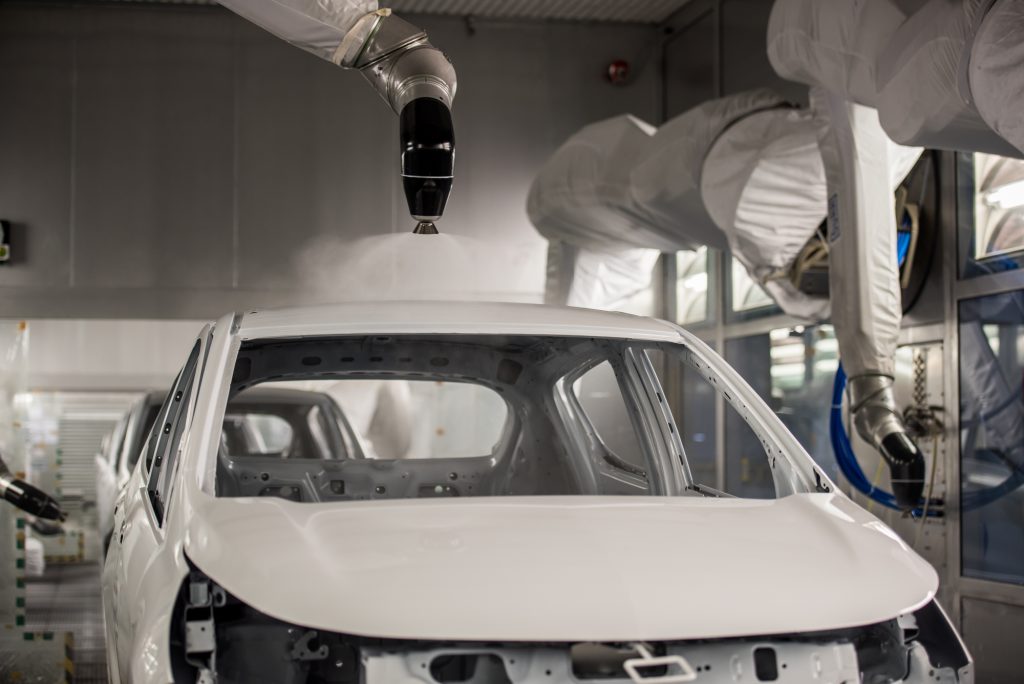
Introduction
Restoring the paint on a 20-year-old car can seem daunting. However, with the proper techniques and tools, anyone can rejuvenate their vehicle’s appearance. This detailed guide will help car enthusiasts and DIYers alike to bring back the lost luster of their aged automobile.
Why Restore Your Old Car Paint?
An old car, especially one that’s 20 years old, likely holds sentimental value. The paint may have faded or developed imperfections over time, impacting the car’s aesthetic and resale value. Restoring the paint not only improves its appearance but also protects the underlying metal from corrosion and damage.
Essential Materials and Tools
Materials Required
- Automotive soap
- Clay bar
- Polishing compound
- Wax
- Microfiber cloths
- Sandpaper (various grits)
- Masking tape and plastic sheeting
- Primer and paint (if touching up)
Tools Needed
- Dual-action polisher
- Buffer pads
- Orbital sander
- Sanding block
- Spray gun (for paint touch-ups)
Step-by-Step Process to Restoring Old Car Paint
Step 1: Clean the Car Thoroughly
Start by washing your car with automotive soap to remove dirt and grime. Use a microfiber cloth for a gentle yet effective clean. Rinsing and drying the car completely ensures that contaminants do not interfere with the upcoming steps.
Step 2: Use a Clay Bar
A clay bar removes embedded contaminants that washing may miss. Lubricate the car surface with a clay bar lubricant, then gently glide the clay over the paint. This process removes fine particles and leaves a smooth surface for polishing.
Step 3: Sanding
If the paint has significant imperfections such as deep scratches, sanding is necessary. Use sandpaper with different grits, starting with a coarser grit for deep scratches and then moving to finer grits for smoothing out the surface. An orbital sander helps achieve an even finish.
Step 4: Polishing
Apply a polishing compound using a dual-action polisher. This step removes minor imperfections and revives the paint’s shine. Work in small sections and make sure to wipe off any excess compound with a microfiber cloth.
Step 5: Touch-Up Painting
If there are areas where the paint is chipped or faded beyond repair, touch-up painting is required. Use masking tape and plastic sheeting to protect the surrounding areas. Apply a primer, followed by the base coat, and finally the clear coat. Let it dry completely before moving to the next step.
Step 6: Waxing
Waxing protects the polished paint from future damage. Apply a thin layer of wax using a buffer pad and let it haze over. Buff it off with a clean microfiber cloth, revealing a shiny and protected surface.
Additional Tips and Tricks
Maintain Your Restored Paint
After restoring the paint, regular maintenance is crucial. Wash your car frequently, avoid exposing it to harsh environmental elements, and apply a fresh coat of wax every few months to keep the paint in top condition.
Dealing with Rust
If you notice any rust spots during the restoration, it’s essential to address them immediately. Sand down the rust and apply a rust-inhibitor primer before painting over it. This ensures that the rust doesn’t spread and damage the car further.
Consider Professional Help
If you’re unsure about any step or if the damage is extensive, consider seeking professional help. A professional auto body shop has the right tools and expertise to restore your car paint accurately.
Conclusion
Restoring the paint on a 20-year-old car can be immensely rewarding. Not only do you get to rejuvenate your car’s appearance, but you also extend its lifespan. With this comprehensive guide, you’ll be able to tackle each step with confidence. Happy restoring!

FAQ
How long does it take to restore old car paint?
The time required depends on the condition of the paint and the extent of restoration needed. It can take anywhere from a few days to a couple of weeks.
Can I restore my car paint without professional help?
Yes, with the right tools and materials, most DIYers can restore their car paint at home by following detailed guides and tutorials.
Is it necessary to wax the car after restoration?
Waxing is highly recommended as it protects the newly restored paint and adds a final touch of shine.
Can I spray paint my car?
Yes, visit steps.
Tremendous guide
If you looking for step guide
